A point of view by Norbert Häring.
Anyone who believes that Facebook’s planned global digital currency, the Libra, is dead because of the resistance of the regulators, could be facing a deceptive manoeuvre. Because in international announcements, words often mean the opposite of what they seem to mean.
Because Mastercard, Visa and Paypal, three particularly important partners, did not participate in the Libra Association after all, and because some regulators and ministers, as well as international groups, criticized the project, it could look as if the global, private currency would go nowhere. But if one reads exactly what the US led G7 group of the seven most important industrial nations recently announced (1), and translates the diplomat’s speech into normal language, one may have some reasonable doubts. It sounds very austere. However, when seen in the light of day, the G7 statement says:
That Libra should be given the green light if operators can ensure that rules on identifying senders and recipients of financial transactions are complied with. This is a requirement that fits well with Facebook’s plans.
That the G7 has disempowered the larger G20 group, which is supposed to be responsible for financial regulation, in regarding the use of Libra.
That US-dominated international regulatory bodies such as the Financial Stability Board (FSB) should make the preliminary decision as to what conditions the Libra Association must meet in order to get started.
Members of the G7 are the USA, Canada, Japan, Germany, France, Great Britain and Italy. Since the great financial crisis, the G7 has taken a back seat. To this end, the G20 was set up on the initiative of the USA to provide direction for international financial regulation. It was regularly the G20 that gave the (informal) work orders to the international standard-setting groups.
In addition to the G7, the G20 includes the most important emerging countries, including China, India and Russia. Obviously, the US has not been able to bring about a decision within this framework that gives the standard setters the task of creating a suitable regulatory environment for Libra. That is why the G7 has taken this on with a working group on “stablecoins”.
Libra is thus a “stable coin”, a crypto currency whose value is to be kept stable against an important benchmark – in this case a basket of major currencies. When the G7 writes “Stablecoin”, it means Libra.
Here are the most important statements from the report of the G7 working group in my unofficial translation and interpretation:
“Stablecoins could contribute to the development of global payment arrangements that are faster, cheaper and more inclusive than the current ones.”
This is a very constructive start. Since Facebook and the Libra Association are private organisations that wish to invade a traditional government jurisdiction, this is neither self-evident nor required for diplomatic reasons. It goes straight on:
“The G7 believes that no global Stablecoin project should start until the legal regulatory and supervisory challenges and risks are addressed, through appropriate design and adherence to rules that are clear and proportional to the risks.”
The phrase “should not start before” can also be translated as “may start as soon as …”. The expression “rules that are clear and proportional to the risks” hides a mandate for regulators not to obstruct Libra with too strict rules and to make the rules so clear that the Libra Association can rely on receiving approval when it implements what is required. At the same time, it prepares for critical governments to be put under pressure later to apply the rules agreed in those bodies exactly in that way with no further restrictions.
This ist even more explicitly formulated in the tone of command:
“Public authorities must coordinate across authorities, sectors and local authorities to support responsible innovation in payments while ensuring a globally consistent response to risk minimisation. Authorities should aim to ensure that their regulation respects these principles and standards and applies these regulations to stablecoins. They should pursue a technology-neutral, function-based regulatory approach. They should examine the impact of global stablecoins, taking care to avoid harmful regulatory arbitrage and to ensure a level playing field that encourages competition”.
These are all principles that amount to ensuring that no government deviates from the globally agreed “innovation-promoting” rules, not least and above all not in order to protect its payment traffic from the dominance of large American corporations. This would be regarded as a level playing field and would contradict the principles of technology neutrality and functionality. It is only a question of which functions are fulfilled, not who does this with which technology. Governments should therefore no longer take the view – as the French Finance Minister, for example, did – that private companies should not be allowed to issue currency because it is up to the states. That would not be “function-based”.
Then it will be determined which informal group should act as the main standard setter for stable coins: it is the Financial Stability Board (FSB). And it gets a very constructive (for Facebook) mandate:
“The FSB and (other) standard setters are intensifying their efforts to assess how their existing principles and standards should be applied to stablecoins and/or to develop new policy recommendations for stablecoin arrangements in a globally consistent way.
The 25 countries allowed to participate in the FSB, each with a central bank representative and a finance ministry representative, overlap strongly with the G20. However, the Chairman of the FSB has a prominent role to play in the implementation of the Libra-friendly mandate of the G7. As a rule, the Council meets only twice a year. In between, the secretariat or working groups under the aegis of the Chairman push the work forward. The Chairman is Randal Quarles of the Federal Reserve.
In the communiqué in which the G7 presidency welcomes the report of the G7 working group, it is made clear in diplomatic language, that the G7 will take care of the creation of legal security for Libra itself and that the G20 countries will have to join in and implement what is decided at the G7 table:
“We welcome G20 cooperation”.
After referring to the work of the standard setters FSB and Financial Action Task Force on Money Laundering and Terrorism Finance (FATF), it is then clearly stated that the G7 is now once again taking the lead:
“We emphasize the importance of global coordination across borders, including with emerging and developing countries. The G7 will take a leading role in implementing the FATF standards quickly and effectively on new technologies, including those on stablecoins.”
In other words: Once the FSB and FATF (under US leadership) have formulated the rules, the G7 countries should start with Libra. The countries that are no longer allowed to sit at the table of the powerful should follow this example.
It seems clear that the Libra-friendly mandate from the G7 goes back to the US government. The magazine Politico learned from G7 circles (2) that various European governments had pushed for a very restrictive attitude, including a ban on Libra. However, this had failed due to the resistance of US Treasury Secretary Steven Mnuchin. According to Politico, the EU Commission, which traditionally reacts as stably to American pressure as a house of cards reacts to wind, is also opposed to attempts to ban it in order not to appear hostile to technology and uncooperative.
The G20 accepted each other well (3) and repeated the formulations of the G7 in their own communiqué. They also announced that they would not address the issue themselves before the FSB and FATF made their recommendations in the middle of next year.
Traditionally, the recommendations of these groups are simply nodded off by the G20 and then implemented by the regulators of the member states, mostly without serious involvement of the national parliaments. This may not go so smoothly in this case because of the conflicts of interest. But to push it in this direction is recognizable the strategy of the US government.
It is not dependent on good will alone, because it also has a decisive influence on the International Monetary Fund and the World Bank. And these two organisations use all the means of pressure they have to force emerging economies and developing countries to faithfully implement the “non-binding” financial standards that the “informal” bodies in the international shadow of the standard setters are informing. If they fail to do so, they will receive poor ratings for their financial system, for example, which will deter potential investors and lenders.
The British are participating
The Governor of the Bank of England, Mark Carney, a former Goldman Sachs banker, said as early as June (4), shortly after the announcement of the Facebook plans, that the Bank of England was considering giving technology companies (meaning Libra) access to central bank liquidity, which was previously reserved for banks. If the Libra Association were to be treated like a bank by central banks, it could dispel the suspicion that the introduction of Libra could deprive central banks of their power. At least the leading G7 central banks, from which the Libra Association would obtain liquidity, would have an opportunity to obtain information and influence.
However, the main sticking point is the danger of money laundering that Libra is accused of, because anyone could open a Facebook or Whatsapp account under a fake name and use it to make money. The FATF, with its anti-money laundering rules, is the main body responsible for this.
However, the Libra Association has already announced in its White Paper that it plans to develop and promote an “open identity standard”. The two sentences in the White Paper:
“An additional goal is the development and promotion of an open identity standard. We believe that a decentralized and portable digital identity is a prerequisite for financial inclusion and competition.”
Many commentators were shocked to learn that Facebook, the data ogre with its many data misuse scandals, of all places, wanted to develop and enforce something like a global digital identity card. But there is a great danger that this will happen, as the deterrent example of China shows. There, the government, which is obsessed with total surveillance, has made it compulsory for Internet platforms and telecommunications companies to only allow registered and identified users to use their services. This also applies to the very widespread mobile payment functions WeChat and Alipay.
It will be hard to be under any illusion that the US government and the FATF would not find such a thing great. The current FATF president is a Chinese. But more important for the content work is the Executive Secretary, the Brit David Lewis. China and Great Britain are the two countries with the highest density of surveillance cameras per inhabitant in the world.
Facebook can therefore hope to have the global identity standard for the Internet, which it wants to establish anyway, dictated by the FATF as a condition for Libra to launch. Since the 18th of October and until the end of November, the Libra Association has time to submit its ideas to the FATF. Until then, a public consultation on a draft directive of the FATF on digital identity will take place. The Libra Association’s plans for a global identity standard could therefore already be incorporated into the FATF’s forthcoming directive.
If that works, French and other governments could stand on their back legs. It would hardly play a role anymore.
Strengthening the US sanctioning power
Quote: ” AML is something we need to address, and I want to say that the efficacy of sanction enforcing can be much higher on Libra than other payments networks. Digital to digital is more traceable than when cash in involved and will be more secure as it will run on real-time systems… The open bookkeeping – the blockchain – allows regulators to check for themselves what is happening and identify where the risk is, without having to rely on reports.”
In other words, the US government and its secret services should have direct live access to the Libra payment system and its data and be able to greatly expand and refine their sanctions regime thanks to Libra. Which government and which secret service wouldn’t get their mouths watered?
Sources:
- https://www.bis.org/cpmi/publ/d187.pdf
- https://www.politico.eu/article/facebook-libra-faces-eurozone-backlash/amp/?__twitter_impression=true
- https://www.reuters.com/article/us-imf-worldbank-g20-stablecoin/g20-kicks-off-debate-to-regulate-stablecoins-in-hit-to-facebooks-libra-idUSKBN1WX2AH
- https://www.bloomberg.com/opinion/articles/2019-06-21/when-facebook-s-banker-is-bank-of-england-governor-mark-carney?utm_source=&utm_medium=&utm_campaign=
- https://thenextweb.com/hardfork/2019/10/29/facebook-defends-libra-comparing-it-some-of-the-most-meaningful-innovations-of-our-time-lol/
+++
This article first appeared on November 03, 2019 on www.norberthaering.de
+++
Thanks to the author for the right to publish the article.
+++
Image source: / Shutterstock
+++
KenFM strives for a broad spectrum of opinions. Opinion articles and guest contributions do not have to reflect the editorial point of view.
+++
You like our program? Information on support options can be found here: https://kenfm.de/support/kenfm-unterstuetzen/
+++
Now you can also support us with Bitcoins.

BitCoin Adresse:18FpEnH1Dh83GXXGpRNqSoW5TL1z1PZgZK

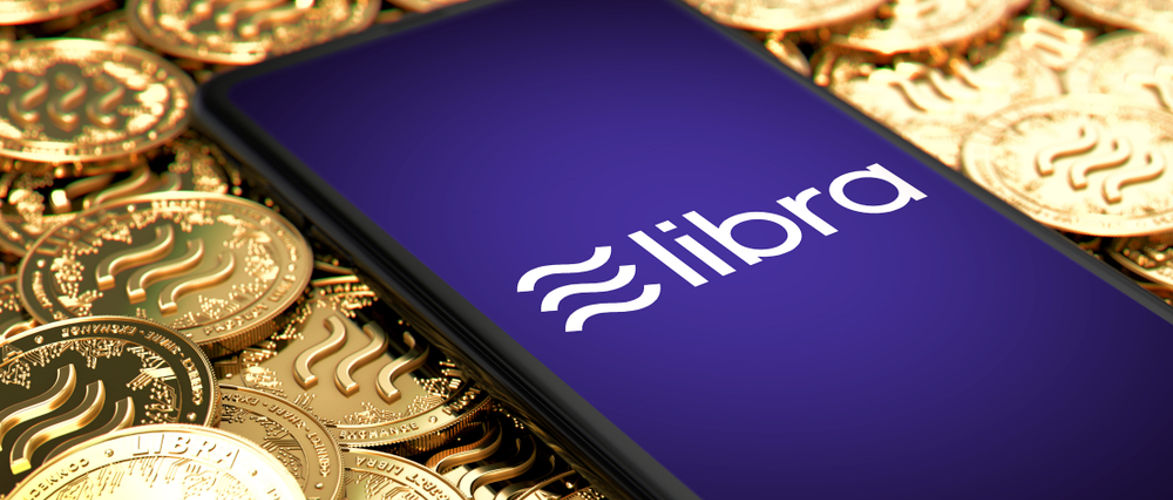




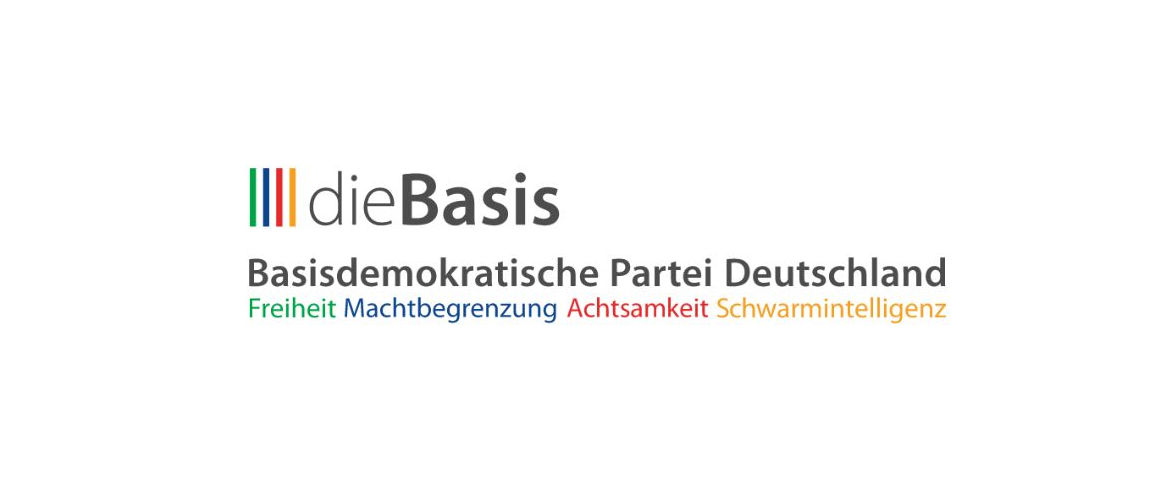
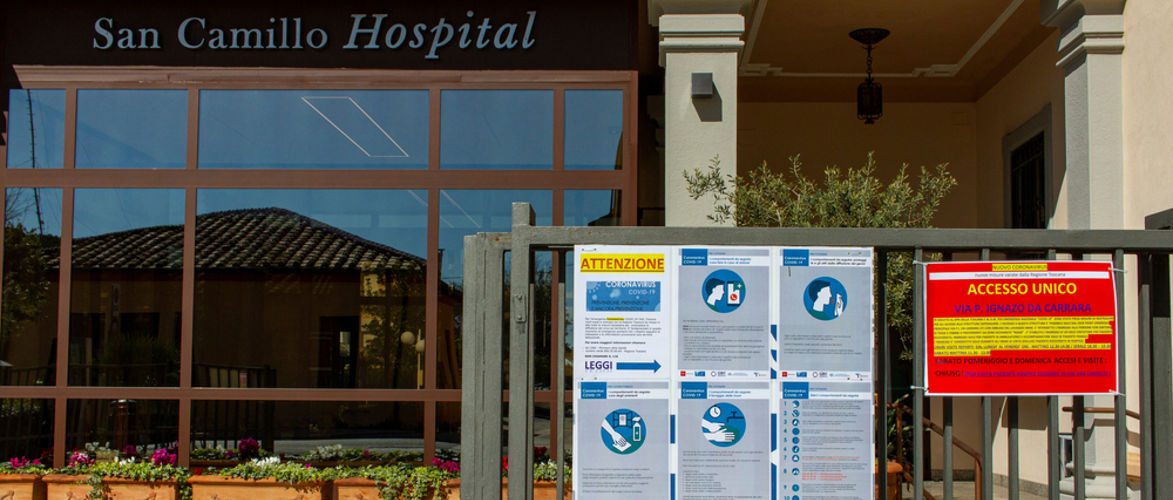
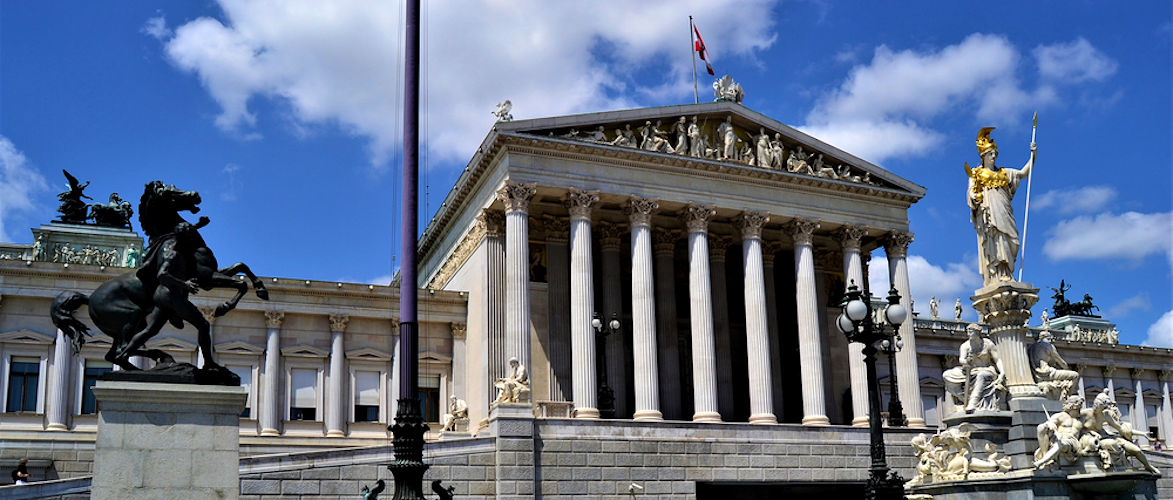
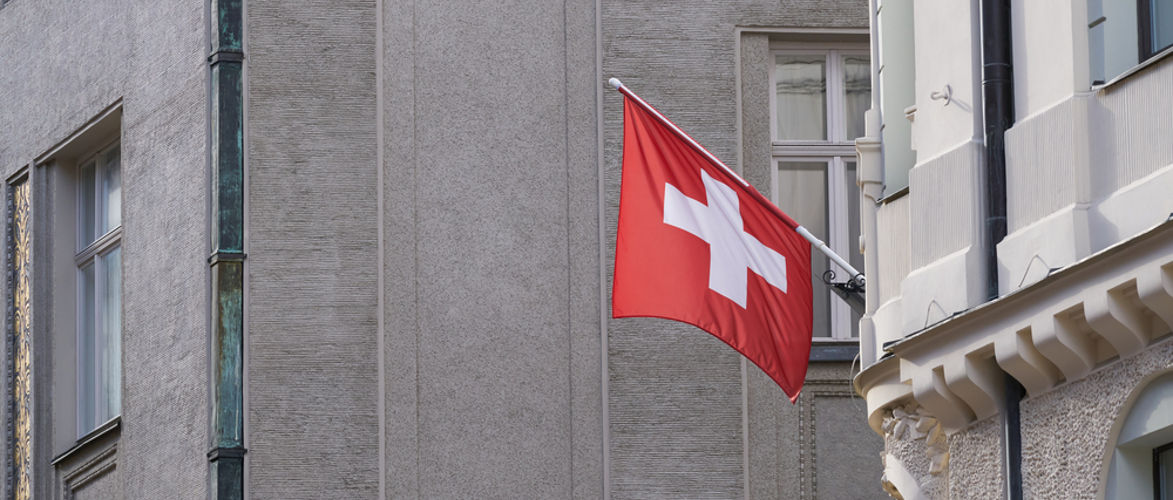
Kommentare (0)